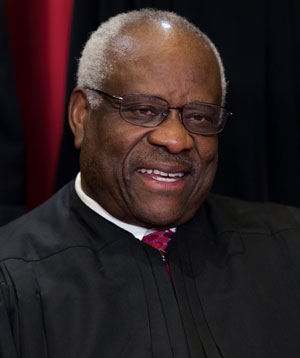Unclaimed MoneyGram checks are subject of Jackson’s first SCOTUS opinion in argued case
U.S. Supreme Court
Unclaimed MoneyGram checks are subject of Jackson’s first SCOTUS opinion in argued case
February 28, 2023, 10:36 am CST
Updated: U.S. Supreme Court Justice Ketanji Brown Jackson issued her first opinion in an argued case Tuesday in a dispute over the right to proceeds from unclaimed MoneyGram financial products.
The unclaimed proceeds go to the states where the products were purchased, rather than the state where MoneyGram Payment Systems is incorporated, wrote Jackson for the high court. The Feb. 28 opinion was unanimous, except for a section dealing with legislative history.
SCOTUSblog had an early summary of the holding. The case involves the process in which states take possession of abandoned property, which is known as “escheatment.”
The MoneyGram products at issue are known as “Agent Checks,” and “Teller’s Checks.” Generally, the purchaser pays for the financial instrument upfront, plus any fee. MoneyGram then holds the proceeds until the person designated as payee presents the financial instrument for payment.
The Supreme Court said the dispute is governed by the Disposition of Abandoned Money Orders and Traveler’s Checks Act, rather than common law. The act says an unclaimed money order, traveler’s check or other “similar written instrument (other than a third party bank check)” escheats to the state where the instrument was purchased. The rule applies as long as the purchase location is known, and the state has laws empowering it to take the proceeds.
Delaware had argued that common law should apply, and it requires unclaimed proceeds go to the state of incorporation. MoneyGram is incorporated in Delaware.
Jackson disagreed.
“We hold that the FDA covers the instruments in question and thus that they should generally escheat to the state of purchase,” she wrote.
Pennsylvania initially filed the case and was later joined by 29 states, according to a Feb. 28 press release by Pennsylvania Treasurer Stacy Garrity. The next step is for a special master appointed by the Supreme Court to determine how much money that Delaware owes to the plaintiff states.
The case is Delaware v. Pennsylvania.
Updated Feb. 28 at 1:10 p.m. to include information on the plaintiffs.






